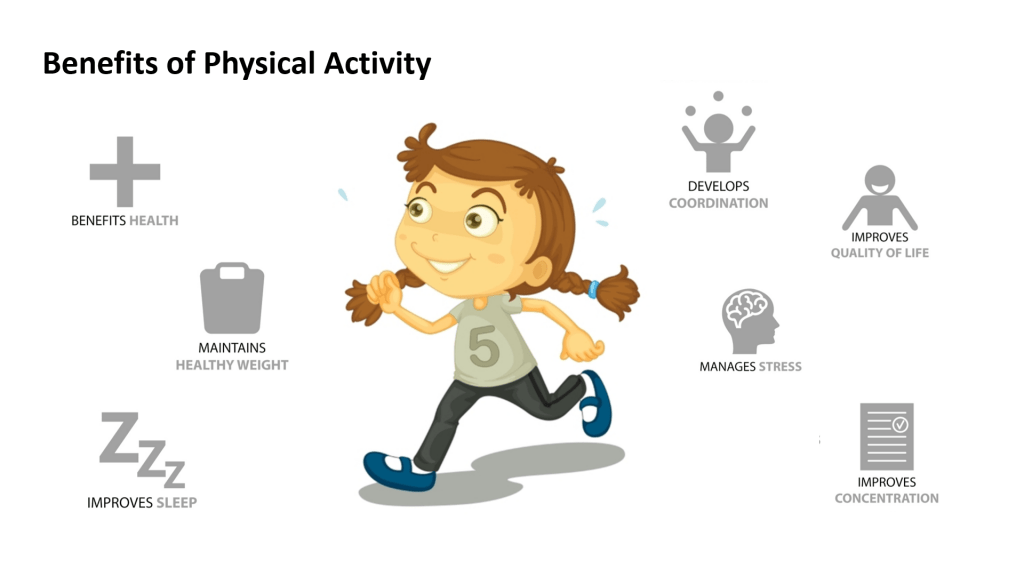
This post is also available in: Tiếng Việt (Vietnamese)

Authors:
People now need to focus on physical activity to improve their health because, according to the World Health Organization, physical inactivity is now considered the fourth highest risk factor in the world. The level of physical inactivity is increasing in many countries, with serious consequences for the prevalence of noncommunicable diseases and the general health of the world’s population.
Global recommendations for physical activity for health emphasize the prevention of chronic noncommunicable diseases through physical activity at the population level, and the focus of these recommendations is primarily National level. In developed countries, scientists and managers work together to create social programs.
They encourage or force these companies, schools or social organizations to practice physical activity to promote the health of the entire population. They developed detailed instructions on this issue for managers and people.
Physical activity should not be confused with sport. Physical activity is a body movement created by skeletal muscle and uses energy.
This includes sports, exercises and other activities such as playing, walking, shopping or gardening. Even if you do not like intense exercise, even if you feel that you have trouble following an exercise program, you can still improve your health by combining moderate activities in everyday life.
Inactive people should start with small physical activities and gradually increase the duration, frequency and intensity: start something you like to do to start a physical training, like walking, dancing in your room with your favorite music…; start with 10 minutes per day, a few days a week.
Depending on age, the World Health Organization recommends different methods, durations and intensities of physical activity for subjects in each age group.
For children and teens, physical activity includes play, sports, transportation, housework, entertainment, physical education or exercises in the family and school context and school and community activities. Children and adolescents aged 5 to 17 years should do at least 60 minutes of moderate to high intensity physical activity every day, at least 3 times a week, and use protective equipment when participating in activities that risk injury.
For adults 18 years and older, physical activity includes physical activity during leisure time, transportation (for example, walking or cycling), work, housework, games, sports or exercise.
are planned in the context of everyday life, family and community activities. Adults 18 years and older must accumulate at least 150 minutes of moderate intensity aerobic activity during the week or at least 75 minutes of vigorous physical activity during the week or a combination of low intensity activities. straight and strong; aerobic activities should be performed for at least 10 minutes.
Elderly people with reduced mobility should exercise to improve their balance and avoid falls of 3 days or more per week. When seniors are unable to perform the amount of physical activity recommended for health reasons, they must exercise in the capacity and under the conditions provided.
The concept of accumulation means that activities need to be carried out over several shorter periods of the day, for example: to reach the goal of 60 minutes of physical activity a day, children can do two 30-minute sessions at different times of the day; Similarly, adults can reach the goal of 150 minutes a week by doing 30 minutes of physical activity five times a week.
See more post:
Moderate physical activity helps lower cholesterol, blood sugar and blood pressure. It also helps the body fight osteoporosis by strengthening bone health and relieving the symptoms of rheumatism by increasing muscle flexibility, flexibility and range of motion.
In addition, according to a study gathering data on the physical behavior and mental mood of more than 1.2 million Americans, published in the medical journal The Lancet, physical activity not only helps to reduce the symptoms of anxiety and depression, but also make people happier, which equates to earning more than 500 million VND per year. Therefore, to have good health, we must exercise regularly.
References: